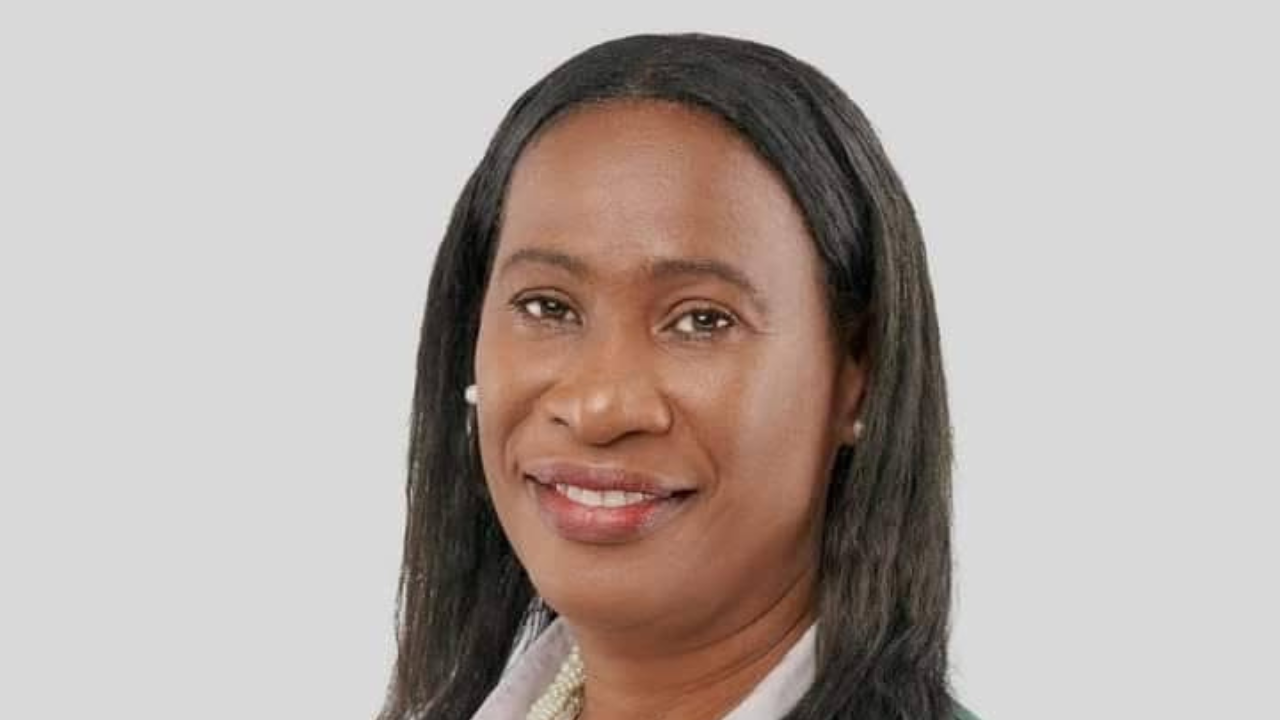CHARLESTOWN, NEVIS, April 17, 2025 (Nevis Reformation Party) – Deputy Leader of the Nevis Reformation Party (NRP) and caretaker for Nevis 2 (St. John’s Parish), Dr. Patricia Bartlette, has expressed deep disappointment over the current state of agriculture on the island, criticizing what she describes as poor productivity and a lack of meaningful output reaching the local market.
Dr. Bartlette, a long-time advocate for sustainable agriculture and food security, stated that the sector is not where it should be and laid blame squarely at the feet of the Nevis Island Administration. She asserted that the government has failed the people of Nevis and should step aside to allow for fresh, competent leadership that prioritizes agricultural development.
Speaking on YOUR VOICE WITH THE NRP on Monday, April 14, Dr. Bartlette didn’t mince words in her criticism of the government’s track record in agriculture:
“Our government is just paying lip service. We have not served our people well at the Ministry of Agriculture, and I don’t think we have fulfilled our mandate—and it is time for change. Before the Brantley-led CCM, Mr. [Vance] Amory was doing a little thing, and when he left, we were up to 2% in terms of the portion of the budget dedicated to agricultural development. After that, we saw a precipitous drop-off of 50% by the time Brantley came in. So, it showed you where this group that came in had no regard for agriculture.”
Dr. Bartlette pointed to a troubling pattern in the allocation of budgetary resources for agricultural development, highlighting a steady decline under the current administration. She noted that at one point, agriculture received 1.4 percent of the national budget, but by 2018, that figure had dropped to 0.7 percent—and continued falling to 0.5 percent by 2019. While the COVID-19 pandemic prompted a temporary injection of funds, raising the allocation back to 1.4 percent and then to 2 percent in 2021, she explained that the support was short-lived.
“As COVID started to ease, in 2022 it dropped again to 1.5 percent and then to 1 percent in 2023. You can see where this government is going. They are not taking food security seriously,” she said.
The government came under heavy criticism for failing to match its public rhetoric on agriculture with meaningful financial backing. The point was made that true commitment requires consistent investment, not empty promises. Promoting agriculture, while repeatedly underfunding the sector at the budgetary level, was described as a clear contradiction—and a sign that food security is not being taken seriously by the current administration.
END
DISCLAIMER
This article was posted in its entirety as received by SKN PULSE. This Curation Network & Social Media Agency does not correct any spelling or grammatical errors within press releases and editorials. Therefore, the views expressed therein are not necessarily those of SKNPULSE or SKN PULSE Social, its sponsors, or advertisers.









